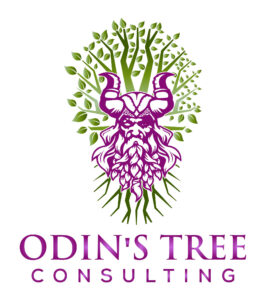It is crucial to understand the dynamic relationship between the U.S. economy and your organization’s hiring strategies. The state of the economy directly influences companies’ decisions regarding recruitment, expansion, and workforce management. In this article, we will explore the various ways in which the U.S. economy affects companies’ hiring practices and shed light on the factors CEOs should consider when making strategic hiring decisions.
- Economic Growth and Expansion
A robust and growing economy creates a favorable environment for companies to expand their operations. When the economy is thriving, consumer spending is high, businesses are flourishing, and companies are more likely to invest in expanding their product lines, entering new markets, or opening new branches. Consequently, this expansion requires the recruitment of additional staff to meet the increased demand for products and services.
- Consumer Confidence and Demand
Consumer confidence plays a significant role in driving economic growth. When consumers feel optimistic about the state of the economy and their financial well-being, they are more likely to increase their spending. This surge in demand prompts companies to ramp up their production, leading to an increased need for hiring additional employees to meet consumer needs.
- Industry-Specific Factors
Different industries are affected by the economy in distinct ways. Some sectors, such as technology and healthcare, may experience consistent growth regardless of economic conditions. On the other hand, sectors like retail and hospitality are more sensitive to economic fluctuations, as they heavily rely on discretionary consumer spending. CEOs must closely monitor industry-specific factors and economic indicators to anticipate hiring needs accurately.
- Cost of Labor
The state of the economy also impacts the cost of labor. During periods of economic downturn, there is often a surplus of job seekers, resulting in increased competition for available positions. This increased supply of labor can lead to lower wages and benefit expectations, which may be advantageous for companies seeking to hire new talent or negotiate favorable employment terms.
- Economic Uncertainty and Restructuring
In times of economic uncertainty, companies may adopt a more cautious approach to hiring. Uncertainty can arise from factors such as political instability, trade tensions, or economic downturns. During such periods, CEOs may choose to freeze hiring or implement cost-cutting measures to protect the financial health of the organization. Alternatively, companies may focus on restructuring their existing workforce to maximize efficiency and productivity rather than bringing in new hires.
Understanding the impact of the U.S. economy on your company’s hiring strategies is crucial for making informed decisions. Economic growth, consumer confidence, industry-specific factors, the cost of labor, and economic uncertainty all play significant roles in shaping companies’ hiring practices. By closely monitoring these factors, CEOs can adapt their hiring strategies to align with the prevailing economic conditions and position their organizations for long-term success.




